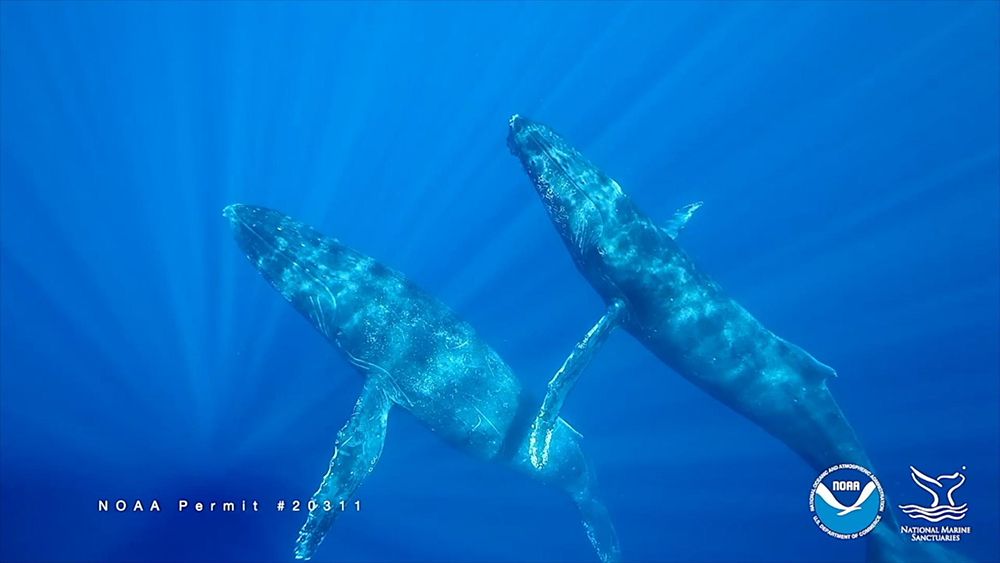HONOLULU — Researchers at the University of Hawaii Health and Stranding Lab have discovered a virus that could be fatal to whales and dolphins.
Prior to its discovery in 10 whale and dolphin species across the Pacific, the virus had only been found in a single marine mammal worldwide, a Longman’s beaked whale stranded on Maui in 2010, according to a UH news release. The findings were published in “Frontiers in Marine Science.”
The discovery of beaked whale circovirus (BWCV) in whales and dolphins shows that the greater marine mammal species can become infected with the disease. Circoviruses are DNA viruses that can cause disease in birds, pigs and dogs, and in severe cases, can be fatal.
“Our study found Cuvier’s beaked whales tested positive for BWCV in Saipan and American Samoa, nearly 4,000 miles away from the first discovered case,” said Kristi West, director of the UH Health and Stranding Lab, in the release. “The positive cases found outside of Hawaii were surprising, and indicates that this virus is spread across the Central and Western Pacific and may have a global presence in marine mammals.”
The whales and dolphins tested came from different regions across the Pacific, with the most positive results coming from animals in the Hawaiian Islands.
“We were surprised to find just how many different species and how many animals overall were infected with BWCV, with 50% of the animals testing positive for this virus,” said Cody Clifton, a Ph.D. student in the College of Tropical Agriculture and Human Resources, who works at the UH Health and Stranding Lab. “Our research approach targeted animals for testing that we knew exhibited signs of sickness, but such a high rate of detection was unexpected.”
The UH Health and Stranding Lab has an archive with samples from animals dating back to 1997. Tests showed BWCV in a dwarf sperm whale that had stranded on Oahu in 2000, showing that the virus has been present in Hawaii whales and dolphins since that time.
Researchers have more work to do to understand the impact of BWCV on infected hosts.
“We need to understand the causes of mortality and the threats that Hawaii’s dolphins and whales face to better protect these species,” said West. “Many of Hawaii’s dolphins and whales are residents of small island-associated populations where a disease outbreak that causes severe illness and mortality can have devastating effects.”
To understand the causes of mortality and identify and evaluate threats to protected species in Hawaii and the Pacific, researchers rely on public reporting of marine mammals that are distressed or deceased. The public is urged to report distressed, injured and dead marine mammals to the NOAA hotline at 1-888-256-9840.
Sarah Yamanaka covers events, environmental and community news for Spectrum News Hawaii. She can be reached at sarah.yamanaka@charter.com.



